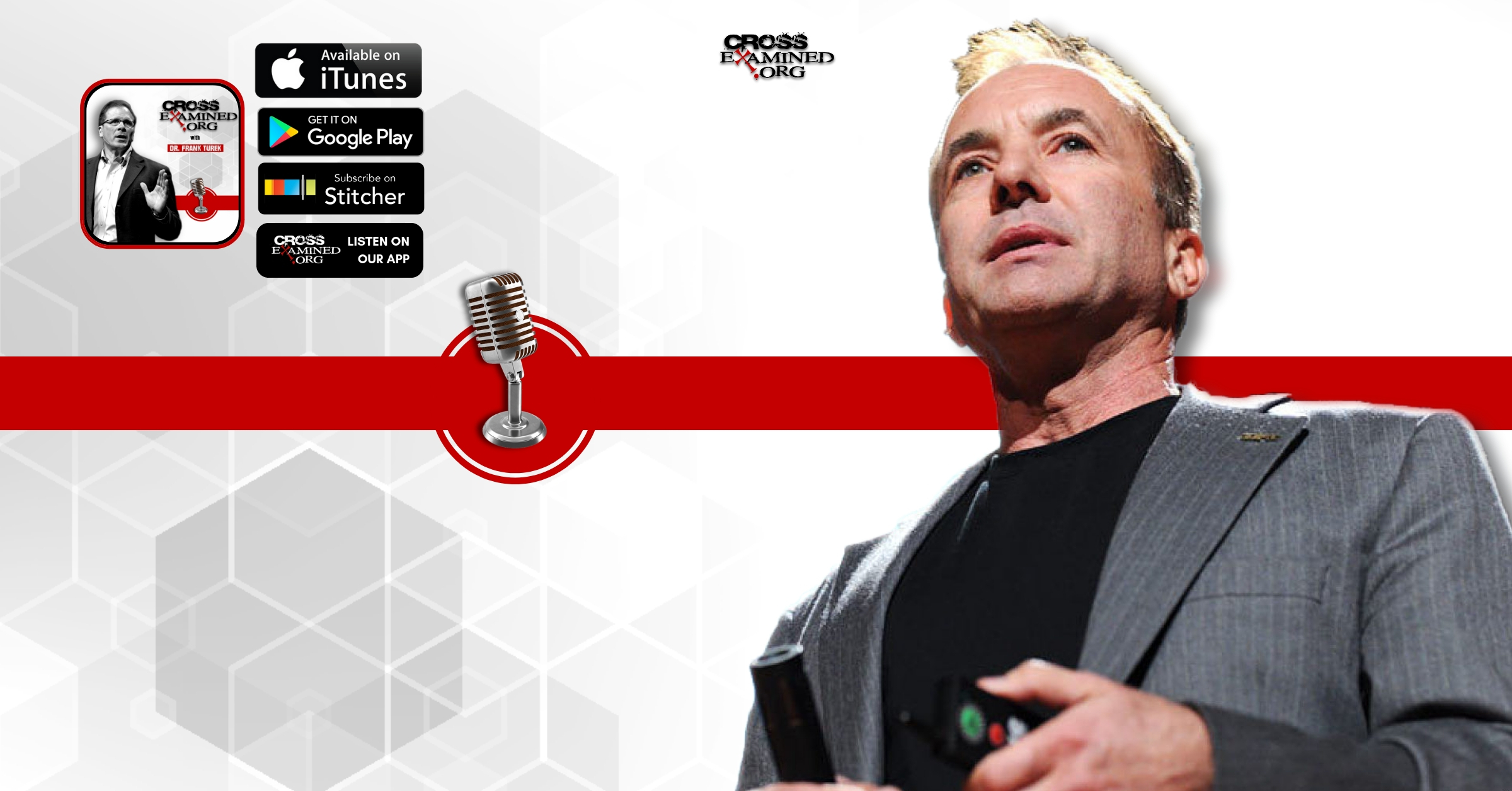If your back was turned when your child asked, “Daddy (or Mommy), can I kill it?” What would be your first question?
What is it?
A spider? Sure. Your baby sister? No.
Many of the problems in our culture stem from the fact that many people fail to correctly answer the question, “What is it?” What is the nature of the thing in question?
This applies in everything from abortion to Senate confirmation hearings, which, come to think of it, are really about the same thing. What is the nature of the Constitution? What is the nature of the unborn? What is the nature of sex?
It seems to me that the Left’s answers to these “What is it?” questions are wrong. And their wrong answers lead to wrongdoing.
What is the nature of the Constitution?
The Constitution is the supreme law of the land that expresses the will of the people, and, at the same time, protects the people from an overreaching government. It can only be changed through the amendment process (that’s why the amendment process is in there!). The will of the people should not be overruled by rogue judges who merely disagree with what the people have decided (that’s what overreaching governments do).
But the Left doesn’t care about the will of the people. They want judges who will impose Leftist policy preferences and will fight any judge who isn’t a Leftist legislator. That’s why they came out against Judge Kavanaugh immediately after he was announced back in July. It had nothing to do with any alleged sexual misconduct. This is about abortion.
Abortion is not, and never has been, in the Constitution. In 1973 seven unelected judges overruled the will of the people in all fifty states by inventing a right to abortion through their Roe vs. Wade opinion.
The Left knows that if a case rises to the Court that challenges Roe vs. Wade, a judge like Brett Kavanaugh might actually read the Constitution and join others to overturn Roe. That would put the question of abortion back to the states where people could actually vote on it. (Overturning Roe vs. Wade wouldn’t outlaw abortion—it would just return the issue to the states and allow the people in each state to vote on it.)
What is the nature of the unborn?
Why are Leftists afraid to allow people to vote on abortion? Because democracy and truth is the enemy of their pro-abortion position. An informed public might correctly answer the question, “What is the nature of the unborn?” and vote to restrict or outlaw abortion. Indeed, anyone who has ever seen a sonogram knows there’s an actual baby in there. It’s not just “a blob of tissue,” but a genetically unique human being from the moment of conception. That’s a scientific fact.
But for the science-denying Left, the nature of the unborn doesn’t matter. Power matters. Their wrong answer about the nature of the unborn leads them to think it’s justified to use power to commit wrongdoing to get what they want. After all, once you’ve convinced yourself that it’s justified to kill the unborn, how hard is it to convince yourself that it’s justified to kill the reputation and candidacy of a conservative judge?
Daddy, can I kill it? Why not? It’s in my way.
What is the nature of sex?
And then there’s sex, from which all of this derives. For the Left, sex is like a religion and a militant one at that. Anyone who questions their sexual dogma will be branded a heretic, as I was. In the name of “inclusion, tolerance, and diversity,” you will be excluded and not tolerated for holding a diverse view.
The Left’s views on sex are not only contradictory on so many levels, but their wrong view on the nature of sex also leads to personal and societal destruction. For the past fifty years Leftists in academia, the media, and Hollywood, have been cheering on casual sex as if the nature of sex itself is merely physical. It’s little more than a sport. It’s a competition where you’re urged to throw off all restraint and constantly pursue sexual conquest, especially when it’s outside of marriage.
So why are Leftists now outraged to hear that some teenage boy may have actually pursued sexual conquest as if it were merely a sport? They create and champion an environment that amps youth up to “score” sexually and are then shocked when a youth may have actually gone too far in attempting to do so.
The Left has helped create the very problem they’re now selectively incensed about. (I say “selectively” because who on the Left voted to remove Bill Clinton for the sexual sins he committed, not allegedly as a drunken teenager, but known sins he committed as President of the United States?)
They’ve done the very thing C.S. Lewis observed about those who undermine virtue. Lewis wrote, “In a sort of ghastly simplicity we remove the organ and demand the function. We make men without chests and expect of them virtue and enterprise. We laugh at honor and are shocked to find traitors in our midst. We castrate and bid the geldings be fruitful.”
In fact, the Left has castrated the proper view of sex itself. A moment’s reflection should convince anyone that sex is far more than just physical. If sex is just physical, then why is it worse if someone rapes you than if someone physically assaults you? Why are people more traumatized over sex than almost anything else? Why do we consider the uncorroborated word of Dr. Ford so seriously, even when all of the supposed witnesses deny it happened?
Because deep in our hearts we know that sex isn’t just a sport or physical activity to be taken lightly as the Left has been advertising for so long. It’s much more than physical. There are spiritual, emotional, reproductive, psychological, and moral aspects to sex, which means the consequences can be either wonderful or devastating.
Sex is like fire: if you keep it in your fireplace, it will warm you. But if you get it anywhere else in your house, it will burn your house down. If you have sex with someone, then everything changes dramatically forever.
Regardless of how this confirmation process turns out, there are more foundational issues we must address personally and as a country. Are we going to continue to lie to ourselves about the nature of the Constitution, the nature of the unborn, and the nature of sex? If so, we’re not only going to continue killing our vulnerable children; we’re going to continue killing our vulnerable country.
Dr. Frank Turek (D.Min.) is an award-winning author and frequent college speaker who hosts a weekly TV show on DirectTV and a radio program that airs on 186 stations around the nation. His books include I Don’t Have Enough Faith to be an Atheist and Stealing from God: Why atheists need God to make their case











